Yoghurt- The natural probiotic
- Food Trove
- 2777
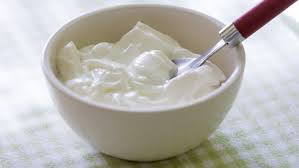
Yoghurt: The natural probiotic
They say, everything is fair in love and war, and my love of yoghurt used to land me in a warfront with my grandpa. The offence he did was having the yoghurt, which was kept for me and as a six-year-old kid, I yelled at him for merely keeping his hand on my yoghurt bowl. That was the moment of great revelation for my grandpa and after that day, he never messed with my one and only yoghurt. But back then, I never knew the benefits of yoghurt as a natural probiotic.
When cultures of bacteria are added to milk, they(bacteria) consume the sugar in the milk for energy and turn lactose to lactic acid, which helps in the curdling of milk. The curdled milk is given the name yoghurt. Yoghurt contains live bacteria which is considered good bacteria, beneficial to our body. Lacto Bacilius acidophilius, Streptococcus Thermophilus ,Lactobacilius Bulgarius collectively known as Probiotics, which protects your body from harmful bacteria.
Is yogurt and curd same?
Curd is a generic term given to a dairy product, obtained from the co-agulation of milk using any acidic product like lemon juice or vinegar or rennet which causes the milk proteins to form curds. The Indian cottage cheese which is called Paneer is actually the curd obtained by the co-agulation of milk.
Indian curd which is called Dahi in Hindi is similar to the Yoghurt as they are obtained by introducing cultures of bacteria to the milk: the only difference is the fact that the bacteria introduced in making yoghurt is Lacto Bacilius Bulgarius and Streptococuus Thermophilus.
Yoghurt as well as Indian curd is beneficial to body which allows the good bacteria to reach intestines and help us keep our gut healthy. The benefits of this natural probiotic depends on the quality of the product and the live cultures present in them.
Gut health is very important and about 85 % bacteria in the large intestine is lactobacilius organisms. Yoghurt can help heal fungal infections, inflammatory bowel disease, diarrhoea,urinary tract infections and mouth ulcers. People with lactose intolerance can consume yoghurt as the lactose gets converted to lactic acid.
So, what is greek yoghurt?
It is the regular yoghurt where the whey water is strained out to get more thick yoghurt.
What to check while purchasing yogurt?
You should check for the words live, active culture or bio in the label before getting yourself some yoghurt from the nearest supermarket.
Inputs from RD 1001 remedies and other books
photo courtesy: today.com

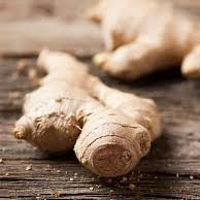


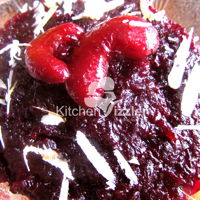
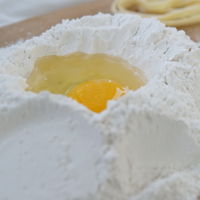




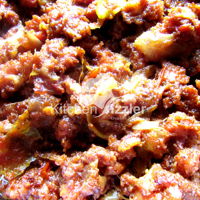

0 Comments